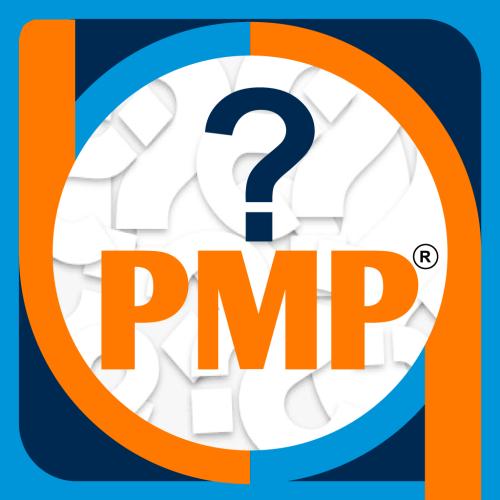For clearing the PMP exam, you would be required to have some key points ingrained in your mind forever. These points would be utilized repeatedly in the PMP Exam Questions. Some basic technical points and Simple principles, and once you have understood them, you would be properly prepared for the revised PMP exam. Apart from these technical points, if you wish to ensure your success in acquiring PMP Certification, you must check out the training courses which are being offered at the SPOTO Club.
So, here are Some Technical Points which you would be required to remember for your PMP Exam:
1. The project manager would be empowered as well as has ultimate authority and accountability for a project. Therefore, the Project Manager would always be proactive, as well as look for areas of improvement, as well as communicate all the time, with all the key stakeholders. You are also required to be prepared for making decisions quickly, proactively, as well as solve problems quickly, effectively, and directly. People would be looking upon you for leadership and direction.
2. Projects should be aligned strategically with the high-level strategic objectives of the organization. This would be improving the chances of project success. You shouldn’t include any changes to the project, which wouldn’t be aligned to the corporate vision, as they would be taking up valuable time as well as resources.
3. The WBS (Work Breakdown Structure) would be forming the basis of all estimating as well as project planning. This is the segment of the Scope Management. Many people would be confusing the WBS for being a part of the Time Management Knowledge Area. But make sure that the WBS is an extremely useful tool for clarifying the scope of the project. Because it would be just like an org chart, where it would be easy to find any missing areas, are identifying the blind spots in the requirements.
4. The Project Teams are needed to be involved early in the planning process as well as in all major decisions which would be concerning the project. The earlier you would be able to onboard your project management team, the better it is going to be for you. Never attempt to do everything on your own. You are required to gain your project management team, who would be able to assist you in the tasks. Remember that Project Management is considered to be an art, and you wouldn’t have to be a domain expert for managing projects successfully. You are required to be an expert when it comes to managing people, communicating, motivating, negotiating, and should also acquire the leadership qualities, which would be considered as quite more important than technical expertise.
5. Lessons Learned as well as Historical Records are considered to be an integral input to just about each and every Project management process, especially when it comes to Planning. For the sake of the PMP Exam, you need to assume that you would be always having access to the Project management office (PMO), who would be able to provide you with the necessary templates, checklists, procedures as well as policies. They would also have a complete archive of past projects’ project files, checklists, templates, risk registers, assumptions, milestone lists, constraints, etc. You would be easily able to gain access to this handy resource for this project, just by asking for it at the PMO.
Understanding & memorizing some of these technical points, and applying them to PMP exam questions would be able to assist you in getting correct answers. Also, for more guidance, you could opt for the study dumps, which are being offered at the SPOTO Club.

 Join Telegram Study Group ▷
Join Telegram Study Group ▷













